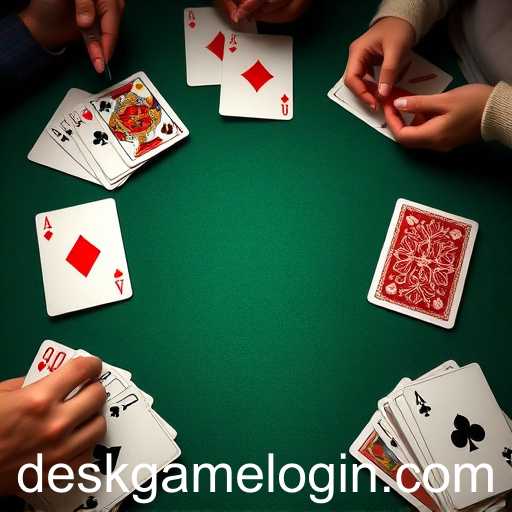Card games have been a cornerstone of entertainment across cultures and generations, offering not only amusement but also a unique opportunity to exercise one’s strategic thinking. With 'deskgame' being a notable keyword in the gaming world, card games continue to captivate a wide audience, from casual players to serious enthusiasts.
The origins of card games trace back centuries, with some of the earliest recorded instances appearing in Asia. Over the years, card games have evolved and branched out into a plethora of variations, each with its own set of rules, strategies, and cultural significance. From classic games like Poker and Bridge to family-friendly games like Uno and Solitaire, the diversity of card games is truly remarkable.
One of the most alluring aspects of card games is their accessibility. A standard deck of cards can be used to play hundreds of different games, each varying in complexity and style. This versatility makes card games a common feature in homes, allowing families and friends to engage in friendly competition or cooperative play.
Moreover, card games are not only about luck but often require a balanced combination of strategy and foresight. Whether it’s bluffing in a poker game, predicting an opponent's move in Bridge, or devising intricate strategies in Magic: The Gathering, players are consistently challenged to think several steps ahead of their opponents.
The digital age has brought card games to new heights, with online platforms offering virtual versions of traditional games and new digital card games gaining immense popularity. These online card games, including popular titles like Hearthstone and Gwent, bring in players from around the globe, creating a vibrant community of gamers who share tips, strategies, and experiences.
Card games also cater to a vast array of interests and skills, providing educational value by enhancing memory, mathematics, and cognitive abilities. For instance, games like Rummy encourage players to improve their sequential memory and arithmetic skills as they calculate probabilities and strategize their plays.
In conclusion, card games offer a timeless source of entertainment that blends skill, luck, and social interaction. Their continued evolution in both physical and digital forms ensures that they remain relevant and beloved by players of all ages and skill levels. With 'deskgame' serving as a thematic keyword, card games will surely continue to enthrall and engage players worldwide.








